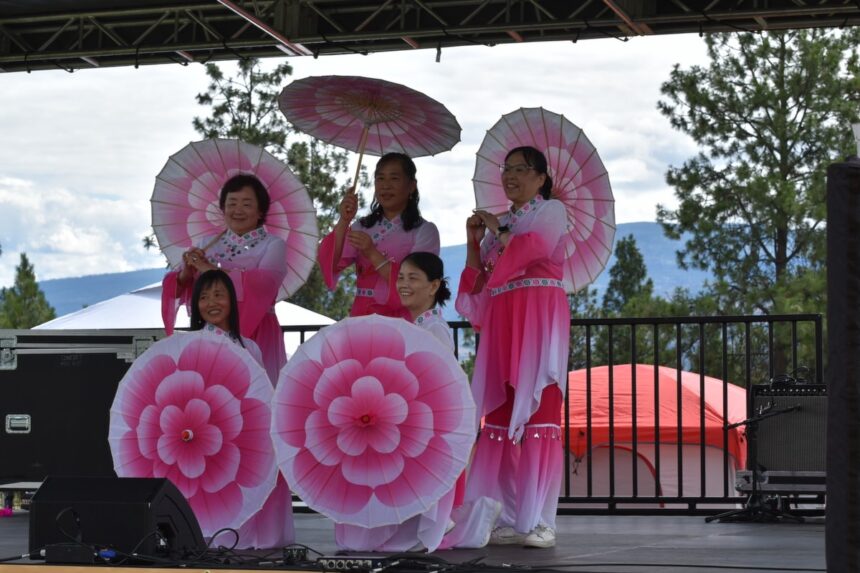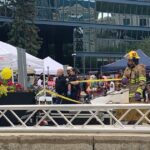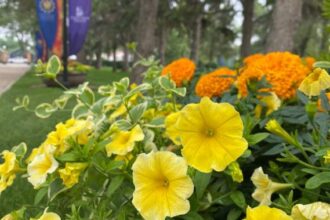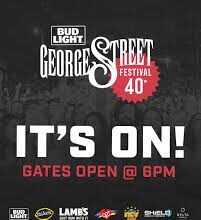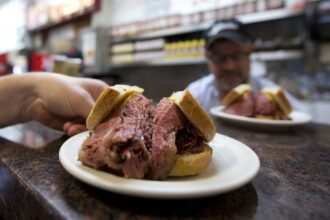In a world that sometimes feels increasingly divided, the West Kelowna Multicultural Festival stood as a vibrant reminder of how cultural exchange can unite communities in celebration. This past weekend, hundreds gathered at Memorial Park to experience a kaleidoscope of traditions, flavors, and performances representing the rich tapestry of global heritage that now calls the Okanagan home.
The festival grounds hummed with activity as attendees moved between colorful pavilions showcasing cultural artifacts, traditional clothing, and interactive displays. Children with painted faces darted between food stalls while parents followed, sampling delicacies from continents away. This wasn’t merely an event; it was a sensory journey around the world without leaving West Kelowna.
“What makes our community special is precisely this diversity,” explained festival organizer Maria Chen. “When people share their cultural traditions—whether through food, music, or storytelling—we create connections that transcend our differences.”
The performance stage remained the festival’s beating heart, featuring a rotating showcase of talents that spanned continents. Ukrainian dancers in vibrant costumes performed hopaks with gravity-defying leaps, followed by the hypnotic rhythms of West African drummers. A Punjabi bhangra troupe energized the crowd with their infectious enthusiasm, while Filipino dancers demonstrated the Spanish-influenced tinikling with remarkable precision.
Beyond entertainment, the festival served a deeper purpose in our current cultural moment. In an era where immigration discussions often focus on challenges rather than contributions, events like these highlight the invaluable cultural enrichment that comes from diverse communities. As our CO24 Culture section has previously explored, multicultural festivals represent more than mere celebration—they’re living demonstrations of successful integration.
The culinary offerings perhaps best embodied the festival’s spirit of discovery. Attendees formed lines at stalls serving everything from Japanese takoyaki to Colombian arepas. Many vendors shared not just their food but the stories behind their dishes—tales of family recipes carried across oceans and adapted to new homes while maintaining their essential character.
“I’ve lived in West Kelowna for fifteen years,” said Priya Sharma, serving homemade samosas from her booth. “When I first arrived, I couldn’t find many of my ingredients locally. Now I’m sharing my grandmother’s recipes with hundreds of people who’ve never tasted authentic Indian street food.”
Educational workshops throughout the day offered deeper engagement with various cultures. Visitors learned Japanese calligraphy, participated in Indigenous beadwork demonstrations, and joined impromptu salsa lessons. These interactive experiences transformed passive observers into active participants—a transition that research has shown significantly enhances cross-cultural understanding and empathy.
The festival reflects a broader trend across Canadian communities: using cultural celebration as a tool for integration rather than assimilation. This distinction matters significantly. Where assimilation asks newcomers to abandon their heritage to fit in, integration encourages maintaining cultural identities while participating fully in broader society.
Local officials attending the event emphasized this point. “West Kelowna is stronger because of our diversity,” noted Councillor Jason Thompson. “These traditions and perspectives contribute to our community’s resilience and creativity.”
For younger attendees, the festival offered something particularly valuable—a chance to see their heritage celebrated publicly. Second-generation Canadian teenagers proudly guided friends through displays representing their family backgrounds, explaining traditions with newfound appreciation.
“My parents are from the Philippines, and sometimes I used to feel self-conscious about certain cultural things,” admitted 16-year-old Sophia Cruz. “But seeing everyone so interested in our food and traditions today makes me feel proud of where I come from.”
As evening approached and families spread blankets for the closing concert, the festival’s impact was evident in countless small interactions—children attempting words in new languages, elderly residents sharing stories with young immigrants, neighbors discovering shared interests across cultural lines.
In our increasingly interconnected yet paradoxically isolated modern world, perhaps we need these spaces of genuine cultural exchange more than ever. The West Kelowna Multicultural Festival demonstrated that celebrating diversity isn’t just about acknowledging differences—it’s about creating community through shared human experiences.
As I watched the sunset paint the sky above dancers from a dozen traditions performing together in the festival’s finale, I couldn’t help but think this represents the best of what we can be: distinct voices creating harmony rather than cacophony. In that moment, the local became universal, and the foreign became familiar—precisely the transformation our communities need.
What traditions would you share if given the opportunity? The answer might reveal more about your identity than you realize.
For more explorations of how cultural traditions shape our communities, visit our CO24 Opinions section.

